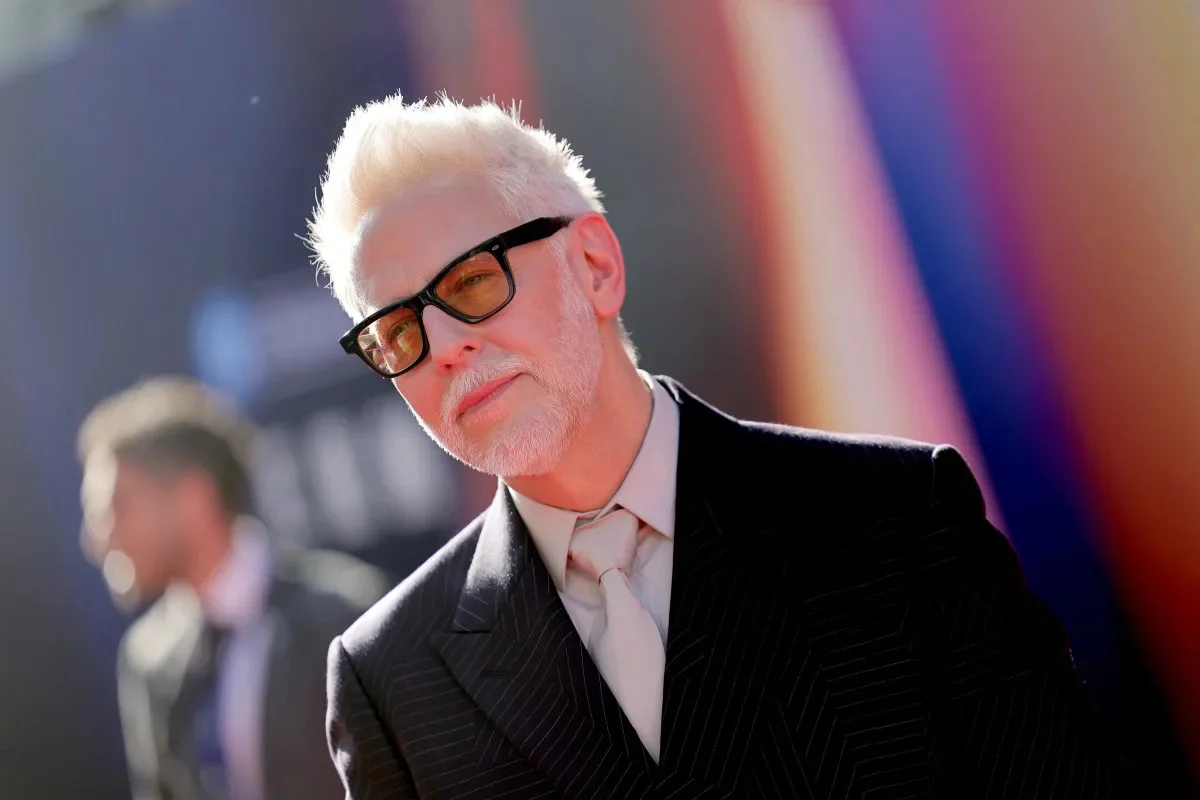James Gunn, recognized as one of the most successful directors in the Marvel Cinematic Universe (MCU) and the DC Universe (DCU), did not achieve instant success. His early superhero films, including The Specials and Super, failed commercially but hinted at the talents that would later define his career. Despite the box office setbacks, these projects show the foundation of Gunn’s unique approach to superhero storytelling.
The Specials: A Glimpse into Gunn’s Affection for Unconventional Heroes
Released in 2000, The Specials captures a single day in the life of an obscure superhero group described as the
6th or 7th greatest superhero team in the world.
Their routine is disrupted as they prepare to launch a line of action figures, only to face complications fueled by longstanding tensions and public relations failures.
From the outset, The Specials faced significant challenges. Its release was delayed, initially overshadowed by the larger budget film Mystery Men, which shared a similar comic book theme but also failed at the box office. This led to The Specials receiving a very limited theatrical release after nearly being shelved. Production troubles contributed as well: James Gunn, fatigued from acting as the shrinking hero Minute Man and adapting the script to fit a reduced shooting schedule, stepped away from directing duties.

There was also a creative clash between Gunn and director Craig Mazin regarding the film‘s style. Gunn originally envisioned The Specials as a mockumentary in the spirit of This Is Spinal Tap, with characters directly addressing the camera. However, Mazin filmed it more like a sitcom, cutting many of those scenes.
In retrospect, Gunn has expressed that the script he wrote proved more influential to his career than the actual film. Still, the movie contains elements that Gunn fans will recognize, including a focus on a misfit group facing tough odds, as seen later in Guardians of the Galaxy and The Suicide Squad. The film also includes a memorable quirky dance sequence set to the song
Life Is A Rock (But The Radio Rolled Me).
Super: A Darker and More Complex Take on a Reluctant Hero
In production since 2002, Super was often dismissed as an inferior copy of the later film Kick-Ass, since both feature ordinary individuals who become vigilantes. However, James Gunn’s movie explores the concept of heroism with more depth and seriousness.
The story follows Frank, a man devastated after his wife, a recovering drug addict, relapses and becomes involved with a local gangster. When authorities dismiss Frank’s concerns, he assumes the identity of The Crimson Bolt, a superhero inspired by a divine vision in which God commands him to fight crime.
Though marketed as a dark comedy poking fun at the idea of superheroes in the real world, Super portrays Frank as a figure reminiscent of Don Quixote, whose sanity and divine mission are both called into question. The film’s final scene highlights this ambiguity as Frank reflects on how
sometimes how it looks and how it is are two different things.
Despite some tonal inconsistencies and violent content, Super promotes the idea that evil grows from apathy and inaction. This message aligns with the traditional superhero ideal cherished by fans who still hold faith in heroes who stand for what is right.
The Importance of Gunn’s Early Work in Shaping His Later Success
James Gunn’s early superhero films, though financial failures, laid the groundwork for his later rise to fame in both the MCU and DCU. They reveal a consistent interest in imperfect, flawed characters banding together to confront overwhelming challenges, a theme that resonates strongly in his blockbuster hits.
These formative projects also show Gunn’s willingness to experiment with tone, combining humor, pathos, and violence in ways that complicate traditional superhero narratives. As a result, understanding these initial struggles provides insight into how Gunn developed the unique style that now captivates global audiences and redefines comic book cinema.
Our Reader’s Queries
Q. Does James Gunn believe in God?
A. Gunn grew up in a Catholic family and has shared that prayer is still important to him. However, he also describes himself as “somewhat against religion” in certain aspects.
Q. Why is James Gunn leaving Marvel?
A. When Gunn took on the role of co-CEO at DC Studios, he committed to that company. This meant he would not work on Marvel Studios projects anymore. He had developed strong relationships with the actors from the Guardians of the Galaxy trilogy.
Q. What religion is James Gunn?
A. He grew up in a Catholic family in Manchester, a suburb of St. Louis, Missouri. He has five brothers and sisters: Sean, who acts, Matt, who writes about politics and also acts, Brian, a screenwriter, Patrick, and Beth. His father’s family originally came from Ireland, making him Irish by descent.
